Digging Into Depression, Productively
Roots and Truth
September 4, 2022
I started writing this post to unearth what I am facing currently. As it is evolving I’m developing vocabulary and hopefully love for myself and those involved. I feel it a rite to express how I feel and I am finding that it doesn’t serve me to keep it all to myself. This is a practice of self discovery. It is written from the perspective of the mental space I am in today. I do not claim it to be therapeutic advice or specific for anyone situation. Personally it is my evolution of learning and thinking. I am choosing to source information through my discovery. Thank you (in advance) for reading.
Depression, Such a Vague Title and Dis-ease
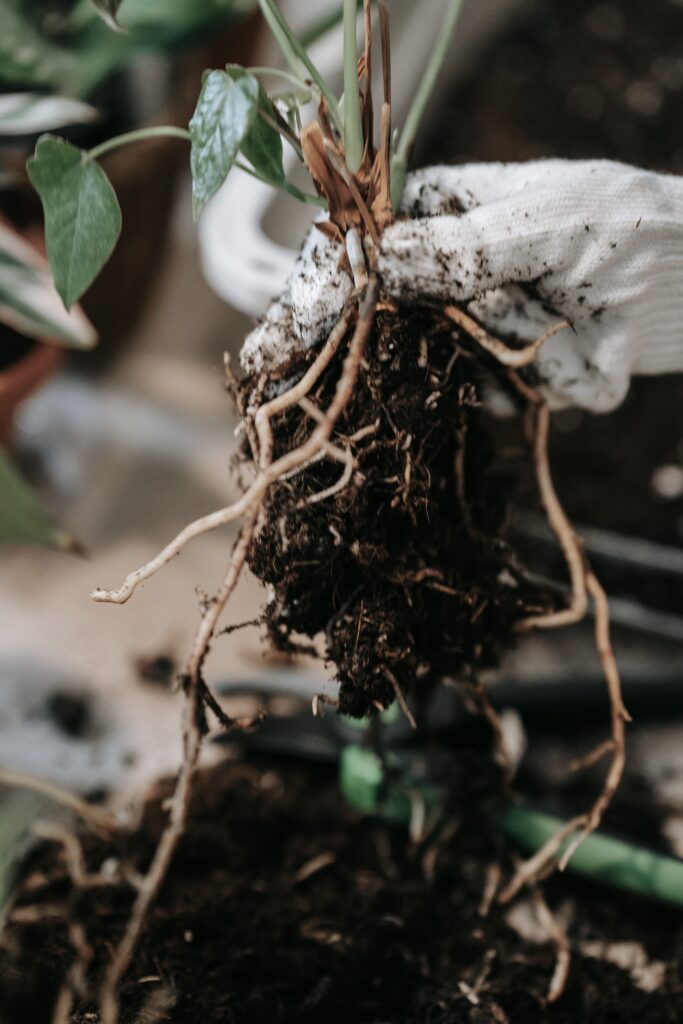
Generally, I would say that I’m a happy person. A “look on the bright side” type. Good thing this is part of my package because the optimism has a benefit, especially as I choose change through the process of choosing to live an intentional life.
I question my choices everyday. I rarely get caught in specific ruts when it comes to eating or binge watching or wasting time. Making choices intentionally is part of my practice each day. I think that chronic pain has turned me into a positive, “I can make it through this day” warrior!
But I don’t want to think so hard anymore. I would love a day that it feels easy to walk. (I have tendonitis the abdominal area, where I feel tension so tight that it limits how far I can walk.)
This specific condition has been somewhat explained as I read about the early development stages and Complex PTSD.
Speaking to the Perfectionist
(I believe that the next statement is from the book, Complex PTSD: From Surviving to Thriving, I wrote it down when I wanted to journal on it, but now I can not find the exact source for it.)

I believe my perfectionism arose as an attempt to get appreciation or acknowledgment out of anyone.
The scenario I often described in my therapy sessions is: one parent could see me when I was reactive, and one parent didn’t ever see me.
When I was young I often reacted with tantrums, nicknamed by my mom “the volcano” which are fits or rage and my emotional way of releasing tension. In my younger years, after “the volcano” erupted, I was told to go to my room. As I grew, I eventually was told to calm my emotional outburst by going on a run. Both of these routes resulted in having to figure out my problem on my own.
In my younger years I didn’t have the vocabulary to describe what I was really experiencing. I didn’t hold a lot of awareness or control behind my blow ups. With out an adult helping me through my experiences, I felt isolated…
AND I didn’t want to be all alone, so I tried to hold these emotions in. Maybe if no one can see that I’m hurting then they’ll give me attention.
But, human connection is part of each of our neurological design.
The following is an experience that I remember as I attempted to cry out for companionship.
It is a distinct memory and for me a life altering day.
I remember it being a hot summer day when I was ditched by my cousins, who were all staying at grandma’s house. There were at least 5 girl cousins a few years older than me. My sister was a part of this group. I remember her telling me that they didn’t want me around anymore. I lived in a small town, grandma’s house was a block away from home.
After walking home alone that day, I don’t remember seeing my mom or other siblings, so I walked straight to my room in the back corner of our small home. I remember the soft summer light coming in the north facing window. That window has a wide purple lilac bush outside of it, that dances softly as the wind blows.
I laid on my bed crying loudly, exaggerating with increased volume, hoping someone would hear. All I wanted was someone to relate to me. I felt abandoned and I still wanted to be at grandma’s to play with the older girls. I wanted someone to listen to me or see my point of view.
No one ever came to my room that afternoon.
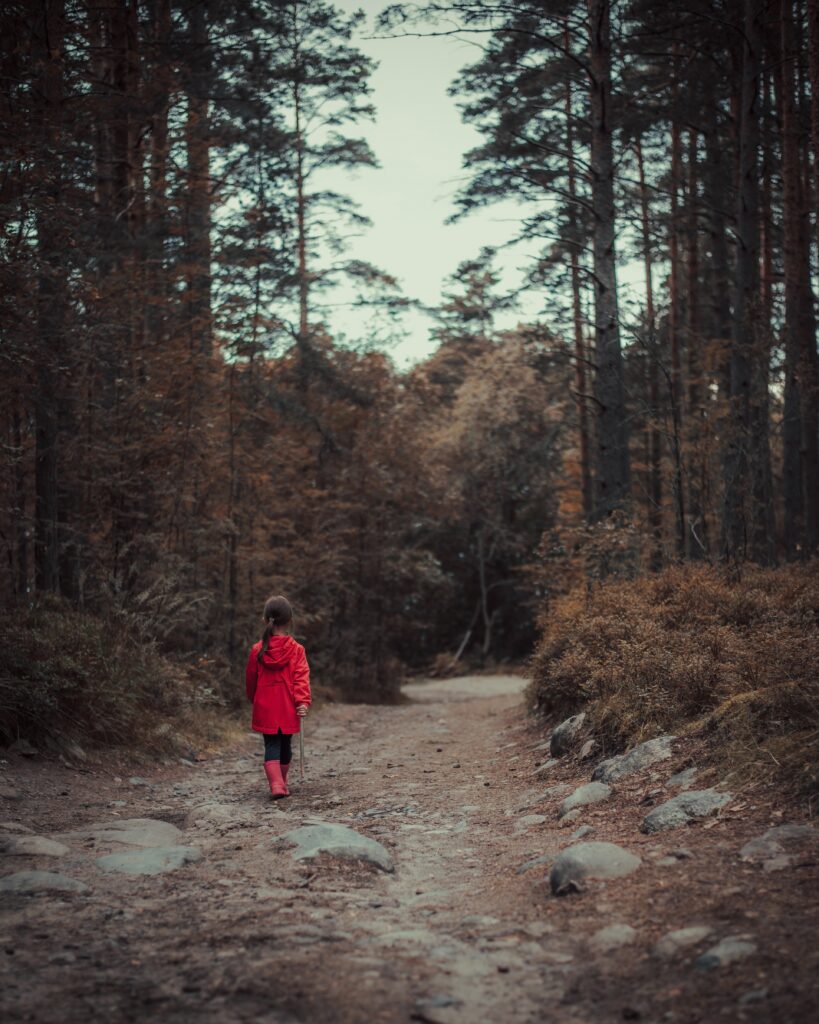
My way of emoting changed that day, and there was a fierceness that emerged inside of me that said, “I’m going to survive by doing things for me and independently caring for myself.”
And in order to do so, I need to be the peaceful one. The one who doesn’t seek for attention. The one who doesn’t need much—this is where the perfection adaptation slides right in.
As I link these experiences today, I continue to question:
What is the evolution of my chronic pain?
Evolution and Understanding
I’m learning to relay these memories when my system is being flagged. It is incredibly helpful to speak about them. (In this case write it down.) It helps for me to remember the fierce independence I developed as a young child. It helps describe my behavior and the reason I often react the way I do as an adult.
Do I Have To Do This Alone?
Recently my chronic pain has been too great to hold. I now spend a lot of time in my room resting. There have been thoughts that I would rather die than feel this way for the rest of my life.
But when the body and the brain start to speak with that specific animosity, towards each other, I am quick to label it as disassociation.
I have found that a distant body doesn’t reveal truth.
It is a feeling of isolation. No one is feeling what I am feeling, which is true. So I’m writing my story to communicate my feelings. To give a little context and introduce new words to my vocabulary, and work on telling the truth—-MY TRUTH.
This is a way of releasing what has bottled up in my own personal volcano.
Here are a few things that I am learning from complete body disassociation:
- I now have to speak to stay alive.
- Relationships are imperative to living in this state. I can’t have a relationship without speaking to the other person and letting some of my emotion out.
- Physical numbing is an indication of emotional pain that I have not had the guts to address.
- Putting names to feelings and letting personal stories out are a way to label what is actually happening. (Sometimes it is called, “building the trauma story“.)
- Disassociation is a way of numbing, there are other ways of numbing to push feelings down. My nervous system happens to be taking charge during this stage of my life, numbing itself through depression.
- When I see where I pivoted to survive, I can also remember my authentic self. (I adapted, but this is not truly me!!!)
So does writing these stories make them true?
What if they already were true, but now is the time that I am choosing to release them?
When I believe myself, I am attuned with me. One of my greatest desires have attunement with anyone.
When my authentic self shows up for me, and I can feel it, then I feel internally at peace and more alive. This is the feeling that I am reaching for.
There is a Dichotomy in How My Inner Child Adapted
The child I’m referring to is the six or seven year old me in my room, that felt ignored.
When mental routes diverted and I decided that I would have to be independent and “go it alone” there was an opposing side. (Something that I was searching for the day that I was asked to leave grandma’s house.)
I really just wanted to be seen.
Then I tried doing everything perfectly, so I would be recognized as being the “good guy”. There are years in my personal history that I was working frantically and studying and journaling and doing all the “right” things, trying so hard to do it all perfectly!
The interesting thing is, I was working so hard, in every aspect of my life just to be seen.
A basic human desire is a need for human connection.
The main theme here is—deep down, I want to be seen
and
I want to do it perfectly so I’m not a burden, and so I don’t dishonor my family name…
… and this is confusing as hell to my brain!!
Right and Left Brain Polarization
Here is where things get a little bit tricky. Because of the patterns I developed in the past, there is not fluidity in my thinking.
I now am married and have three children.
With my current relational landscape I believe two opposing thoughts about having a family.
- (Read with a sweet tone) I’ve always wanted to be married and raise children.
- (Read with fierceness, anger and envy.) Everyone is in my way, and I just need space to be me!
The FIRST is a pure desire. Often naive, but innocence behind the desire, I believe is ok!
The SECOND response displays the fierce independent fighter that adapted in her bedroom as she was immaturely trying to relate to herself.
I believe that chronic pain is a result of this polarized thinking. It often shows up in my “I’m isolated” thinking. This isolated frame of reference.
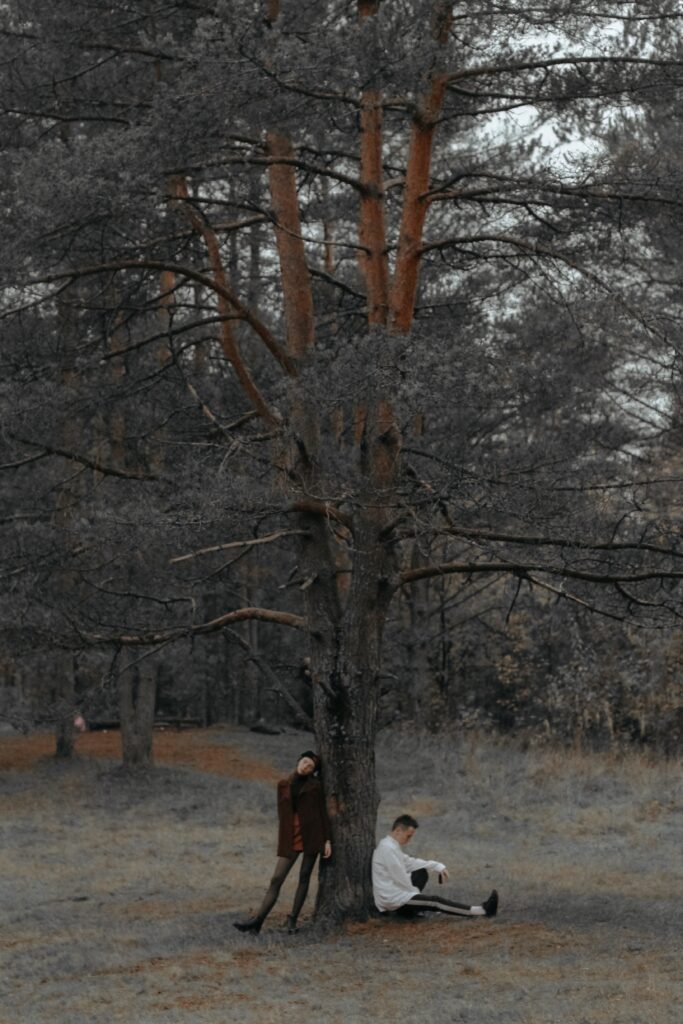

Remembering The Truth
My chronic pain has been isolating for me, but is there a link in my story to the answer of why I have chronic pain?
(February 2024 Update: I wrote This Post and made a youtube video about by current state, as my depression is evolving after two years of telling the truth.)
Naming what connection looks like for me?
Here are some questions my therapist asked:
What do people represent to me?
Sometimes they’re scary, sometimes they don’t understand me. I’m always gauging if they are understanding what I mean when I speak.
What do I represent to people?
I really don’t know what I represent to them.
I have lived like a ghost for so long, hiding from myself, and hiding from people.
Trust is a bottled up issue. I don’t have a great base, so as I move forward, with intention, I get to define these things.
What I do want is to be attuned with.
To provide a basic definition of attunement: I see others and others see me. Attunement is empathy involving the mirror neurons in the brain. It involves receiving connection through body language, eye contact, positive praise, touch, ect.
Bessel Van Der Kolk, M.D. introduced me to the term “Attunement” in his book: The Body Keeps the Score. In his book he dedicates a whole chapter to Attachment and Attunement.
Thank you for taking this philosophical journey with me, through the links I’ve been making with body, mind and spiritual inclinations. I’m attempting to give my voice shine time. You reading this makes that possible!
Please join me in this blog post where I feel like I’m knocking on the door of my greatest desire to not have the illusion that I’m not alone anymore:
Thank you,

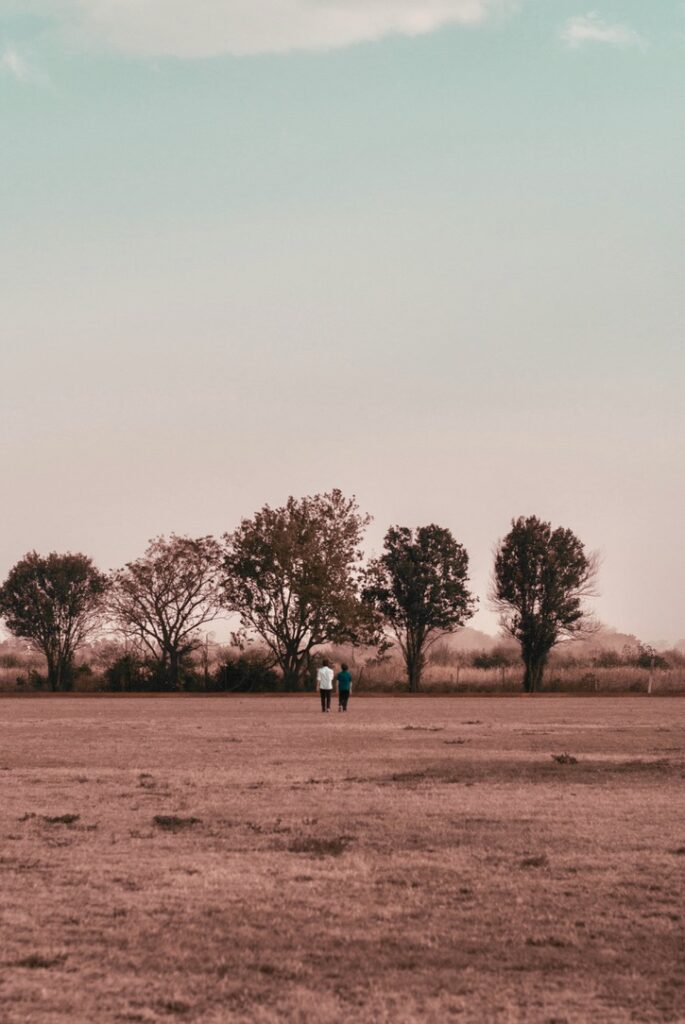
Questions for personal inquiry
- If disassociation is part of the depression that you are dealing with what are you doing to numb? (Numbing is a way to pass the time, but not get to the core issue.)
- Do you have a licensed and trained therapist that has a background in trauma recovery on your team? If you are looking for a therapist, or currently working with one, ask what they know about somatic healing (teaching the body safety). OR finding or working with a therapist who is trained to use EMDR may be helpful. (It is a gently process in uncovering a personal origin story.)
- If you are struggling with symptoms of depression are you listening to what are your symptoms trying to tell you? Can you call the child inside of you to take off the filter and say what he or she is really trying to say?
- Have you left the dangerous situation that you are in?
- Have you found a mentor or a counselor that has felt this way before and can guide you to a physical place to heal?
Resources
- For therapy, specifically Somatic Experiencing Therapy: Click here for a therapist directory
- For more on Brain Polarization: Complex PTSD: From Surviving to Thriving: A Guide and Map for Recovering from Childhood Trauma, by Pete Walker
Key Words
Resources are available if you are feeling some of the same things that I am describing. Learning key words, reading books related to the key words and finding the right practices for me are and have all been crucial steps. Some of the key words have been:
- Somatic Therapy
- Complex PTSD (Term originally coined by Judith Herman in Trauma and Recovery.)
- Meridian Lines (Understanding more about Chinese medicine.)
- There are more books and resources listed in this Article (It is about my traumatic birthing story) (The resources are towards the end of the article.)
*Disassociation: (in normal everyday life) is an indicator of unresolved trauma that the body is still remembering. It is most likely a function that the autonomic nervous system has been stuck in for long periods of time in the past. It is a natural behavior that has been learned in an effort to keep the body safe.
Most commonly felt when abuse was a part of a person’s past. If a person has fought in war. If a person has been involved in a natural disaster or accident where they were not in control. Or most commonly if sexual abuse was a part of a person’s former experience. The following explanation is what the system does:
“When a person is completely powerless and any form of resistance is futile, she may go into a state of surrender. The system of self-defense shuts down entirely. The helpless person escapes from her situation not by action in the real world but rather by altering her state of consciousness…These alterations of consciousness are at the heart of constriction or numbing…
“Sometimes situations of inescapable danger may evoke not only terror and rage but also, paradoxically, a state of detached calm, in which terror, rage, and pain dissolve.
“Perceptions may be numbed or distorted, with partial anesthesia or the loss of particular sensations. Time sense may be altered, often with a sense of slow motion, and the experience may lose its quality of ordinary reality. The person may feel as though the event is not happening to her, as though she is observing from outside her body, or as though the whole experience is a bad dream from which she will shortly awaken.
“This altered state of consciousness might be regarded as one of nature’s small mercies, a protection against unbearable pain.”1
- Herman, Judith, M.D. Trauma and Recovery, E-Book ed. Basic Books, 1992, 1997, 2015[↩]
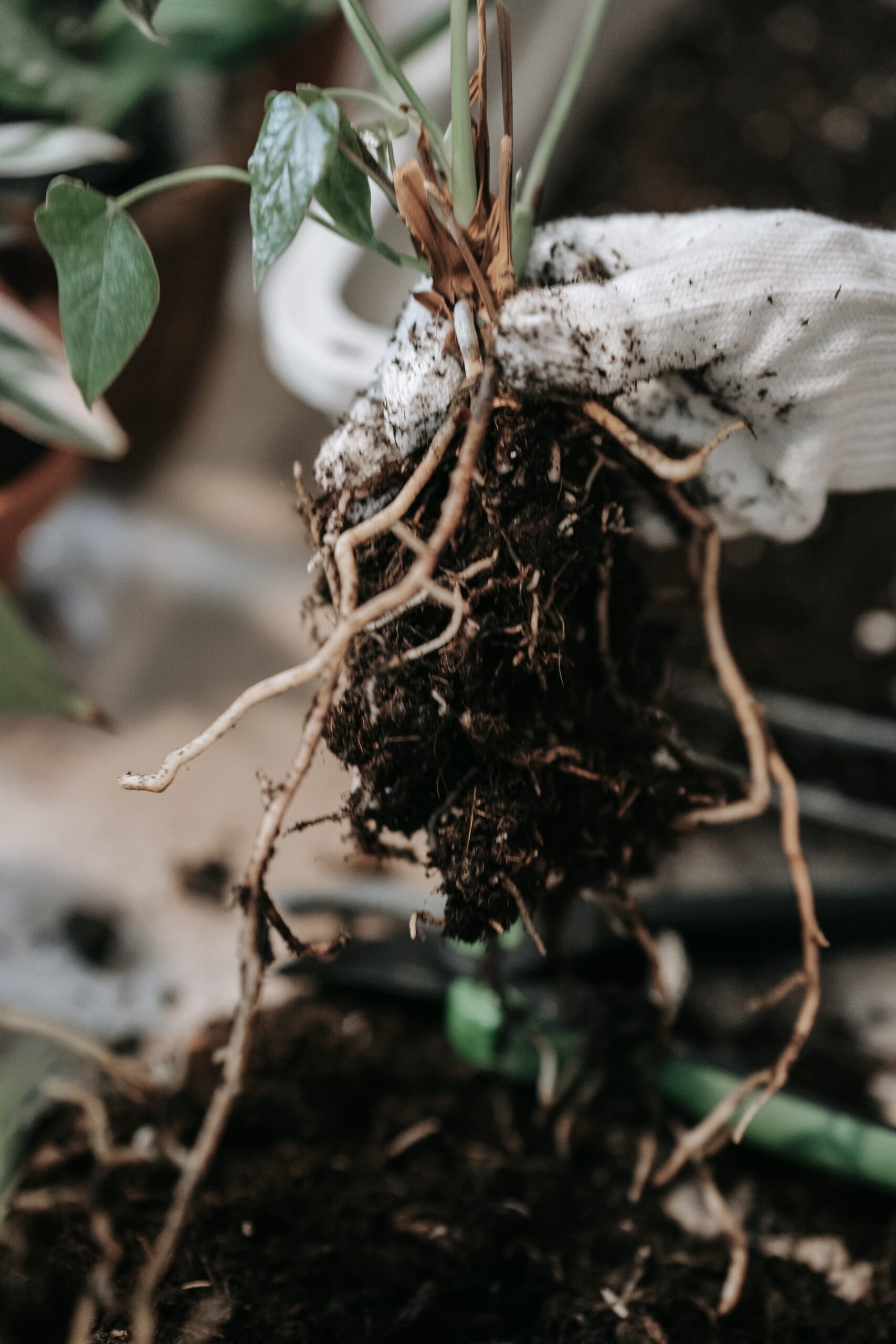
Leave a Reply Cancel reply
© roots and truth | All rights reserved | Site design by linsey rhyne co.